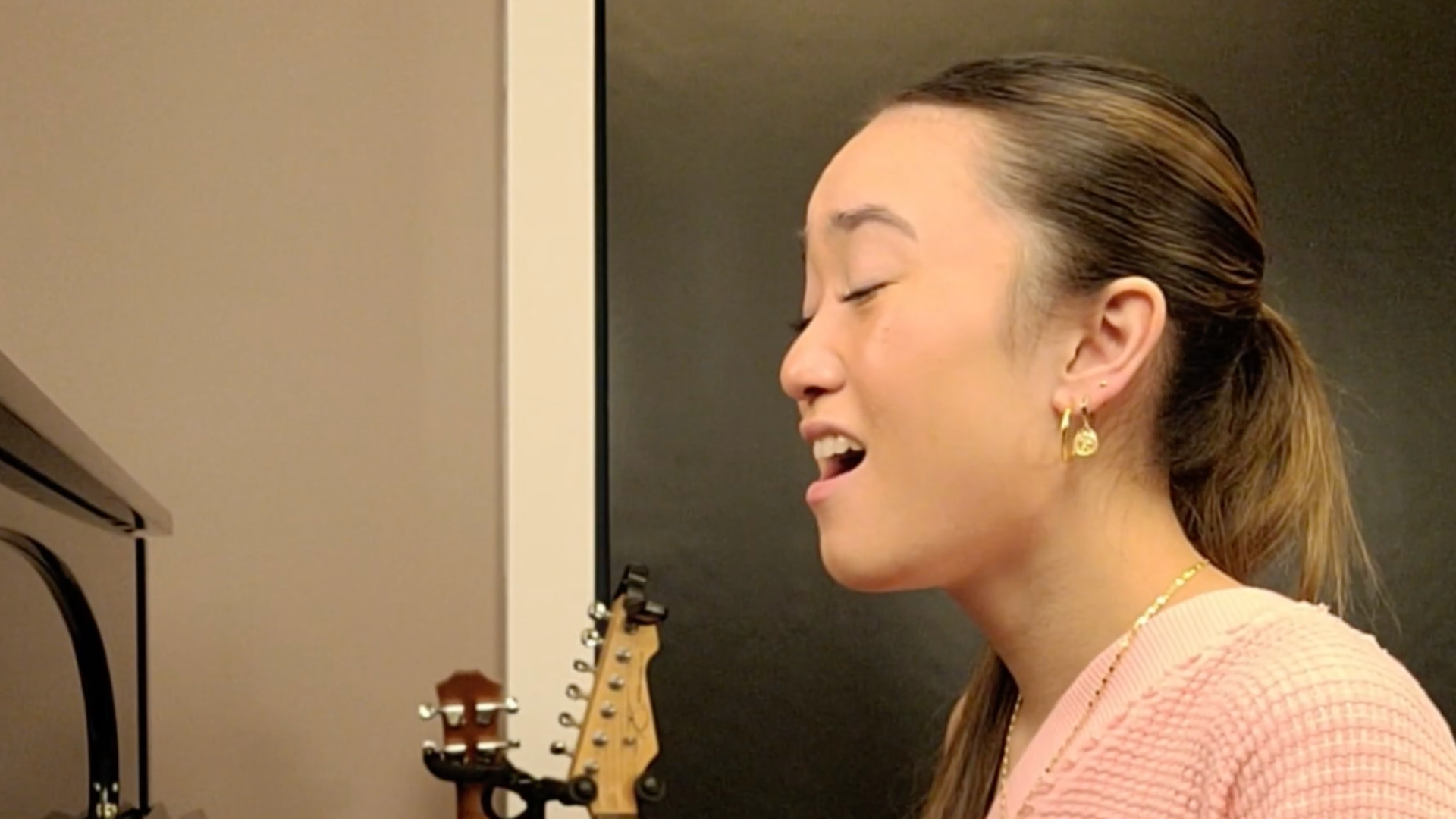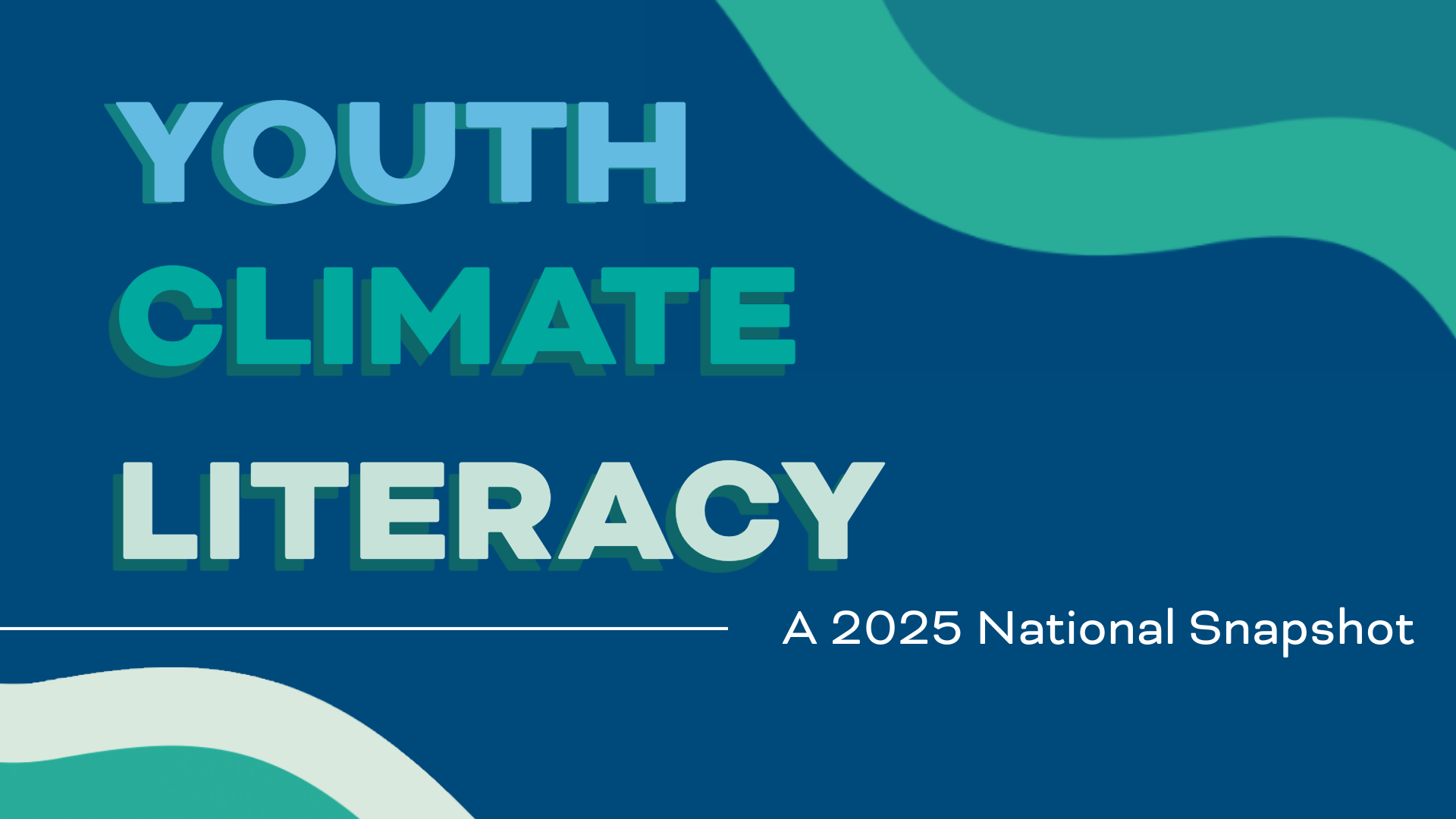Resources — Other Resources
Education is our Greatest Weapon Against Climate Change
Remarks from First Lady of New Jersey Tammy Murphy at the K12 Climate Action Listening Session I: Why Should Schools Move Toward Climate Action?
I am so grateful to the Aspen Institute’s dedication to conservation and belief in the power of education. Nelson Mandela said that, “Education is the most powerful weapon that you can use to change the world.” In New Jersey, that is a sentiment that we wholeheartedly believe.
Further, this generation of students is inspired and determined to fix the climate crisis. Ask any teacher and he or she will tell you— a motivated student can achieve anything.
These are the reasons why— despite New Jersey warming at a rate faster than almost any other state, despite our disappearing shorelines, torrential downpours and blazing hot summers, despite even the projected $10 billion climate change will cost the state of New Jersey, I am optimistic.
For decades, the debate around climate change has continued without much significant progress. But, things are finally beginning to change.
I am proud to say that this past June, New Jersey’s educational system became the first public school system to admit that climate change is a real, tangible problem that this generation of children will be required to face, and further, that it is our duty to prepare them for that certain future.
By including climate change education across all core subjects from Kindergarten through high school graduation, every New Jersey student will be prepared to explore, imagine, and advocate for the innovative solutions needed in the communities in which they live.
And, as is often the case, New Jersey’s incredible public school teachers will be at the crux of this important initiative. New Jerseyans value a commitment to academic rigor and the pursuit of knowledge, we believe in the power that education holds to change the course of a person’s life.
And, we know that our educational professionals do more than educate. They teach our students to be good citizens.
It is no surprise then, that New Jersey’s educators have responded to the addition of climate change education standards with their characteristic enthusiasm and passion. They recognize how important this is, but, as with any new requirement, they are searching for the best ways to incorporate it.
Our collective mission— resolving the damage that human activity has done to the environment since the 19th century— is an incredible burden that our children and grandchildren will have to face.
But, the adoption of these standards is much more than an added educational requirement, it is a symbol of a partnership between generations. And, together we will begin to undo the damage we have caused.
So, how did we begin this undertaking?
First, we were lucky enough to have a bit of fortuitous timing. In New Jersey, our learning standards are reviewed every five years by the Standards Review Committee.
This committee is comprised of more than 130 educators from across the state who are selected to serve based on their experience and background. In March of 2019, the Standards Review Committee began updating New Jersey’s state education standards.
I first brought the idea of including climate change education to the committee at their opening meeting, and continued to advocate for it as each subcommittee met throughout the year. I was incredibly impressed, inspired, and encouraged at the level of creativity our educators brought to shaping these standards.
It’s not an easy task to set a standard of education for a Kindergartener on a subject as complex as climate change, or to imagine how this topic might fit into the Performing Arts, but they did it- flawlessly.
I really can’t stress enough how much respect and admiration I hold for New Jersey’s educators and I am very eager to see this come to fruition in our classrooms in the 2021-2022 school year.
New Jersey is on its way to achieving 100 percent clean energy by 2050, and I have no doubt that with our best-in-the-nation public school system, our students will be well-equipped to take on the future green economy as artists, entrepreneurs, city planners, insurance brokers, and more.
And, as I said, this generation of students is already motivated to act on this issue. And, for our students in environmental justice communities, who suffer most deeply the effects of air pollution, the climate crisis is even more personal.
Climate change is not just an environmental issue, it is a social justice and equity issue as well. This will be an important part of the conversation as our children grow and become the future leaders and policy makers of our world.
We are handing this generation a real problem that has perhaps already affected their health and will certainly continue to affect every aspect of their lives. If we don’t educate our children and give them the tools they need to understand the dangers of climate change and how to combat it— no matter what career they pursue— then I believe we are being borderline negligent.
I could not be more thrilled that our updated education standards are beginning to receive national attention. Not only because I am incredibly proud that New Jersey was first in this endeavor, but also because I can’t wait to see who will be next!
I look forward to all 50 states partnering on this shared mission to make sure our children inherit an Earth that has all of the beauty and resources that we were fortunate enough to experience.

